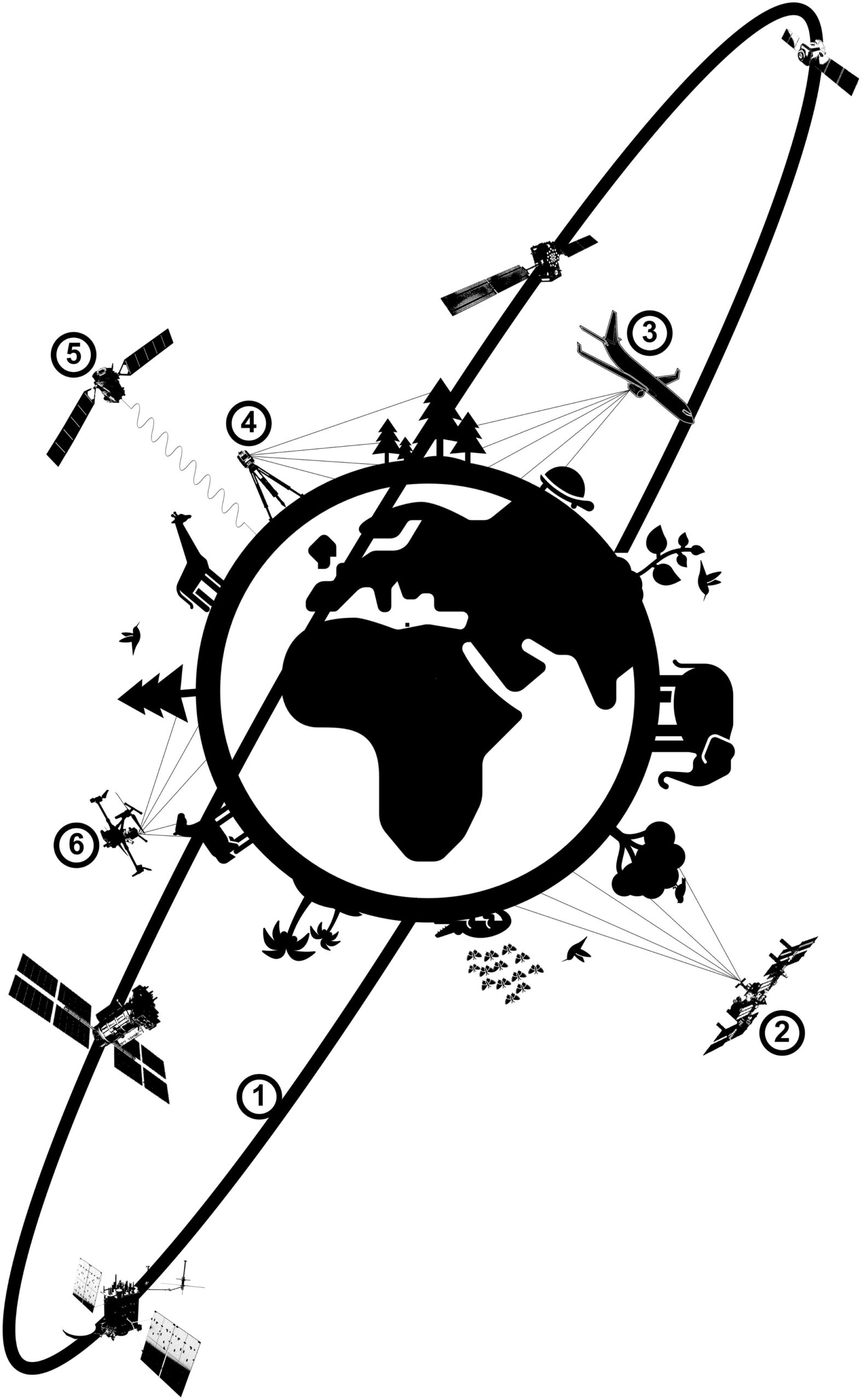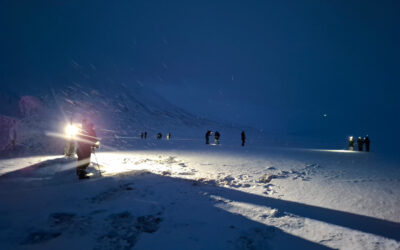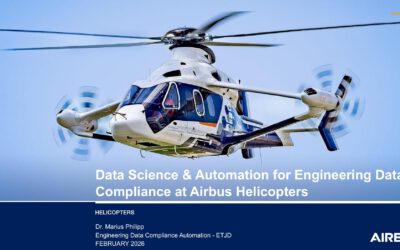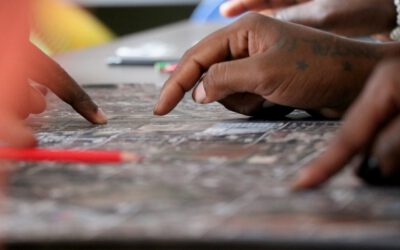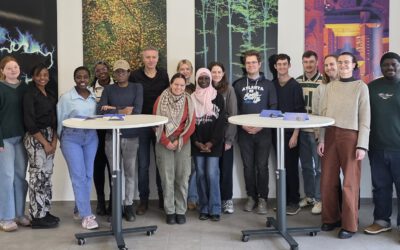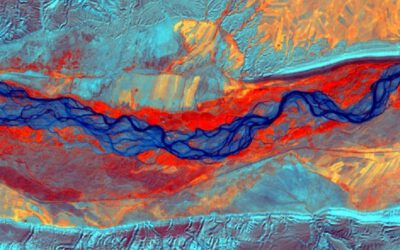Our associate lecturer (PD) Hooman Latifi published and edited this special issue on “Active remote sensing for ecology and ecosystem conservation”.
From the abstract: “
- Remote sensing (RS) and geospatial sciences already amount to a long history of fostering research in topics related to ecology. Data and methods have mainly been subject to research and experiments, but trends are now emerging that suggest the use of RS in practical applications like nationwide monitoring programs and assisting global conservation goals. However, use of active remote sensing for ecological and conservation is in its infancy, and the implications of active sensor data, including light detection and ranging and radio detection and ranging that mostly deliver three-dimensional (3D) information, are still relatively primitive and have largely been limited to indirect use of their extracted proxies for ecological modelling.
- This cross-journal special feature between Methods in Ecology and Evolution, Journal of Animal Ecology, Journal of Applied Ecology and Journal of Ecology includes 18 papers that include full research papers, reviews and technical applications. They are mostly novel in either or both their interpretation of proxies derived from active RS data and the direct usage of 3D RS techniques (terrestrial, airborne, UAV borne and spaceborne) to address ecological topics.”
read more here: https://besjournals.onlinelibrary.wiley.com/doi/10.1111/2041-210X.14154

